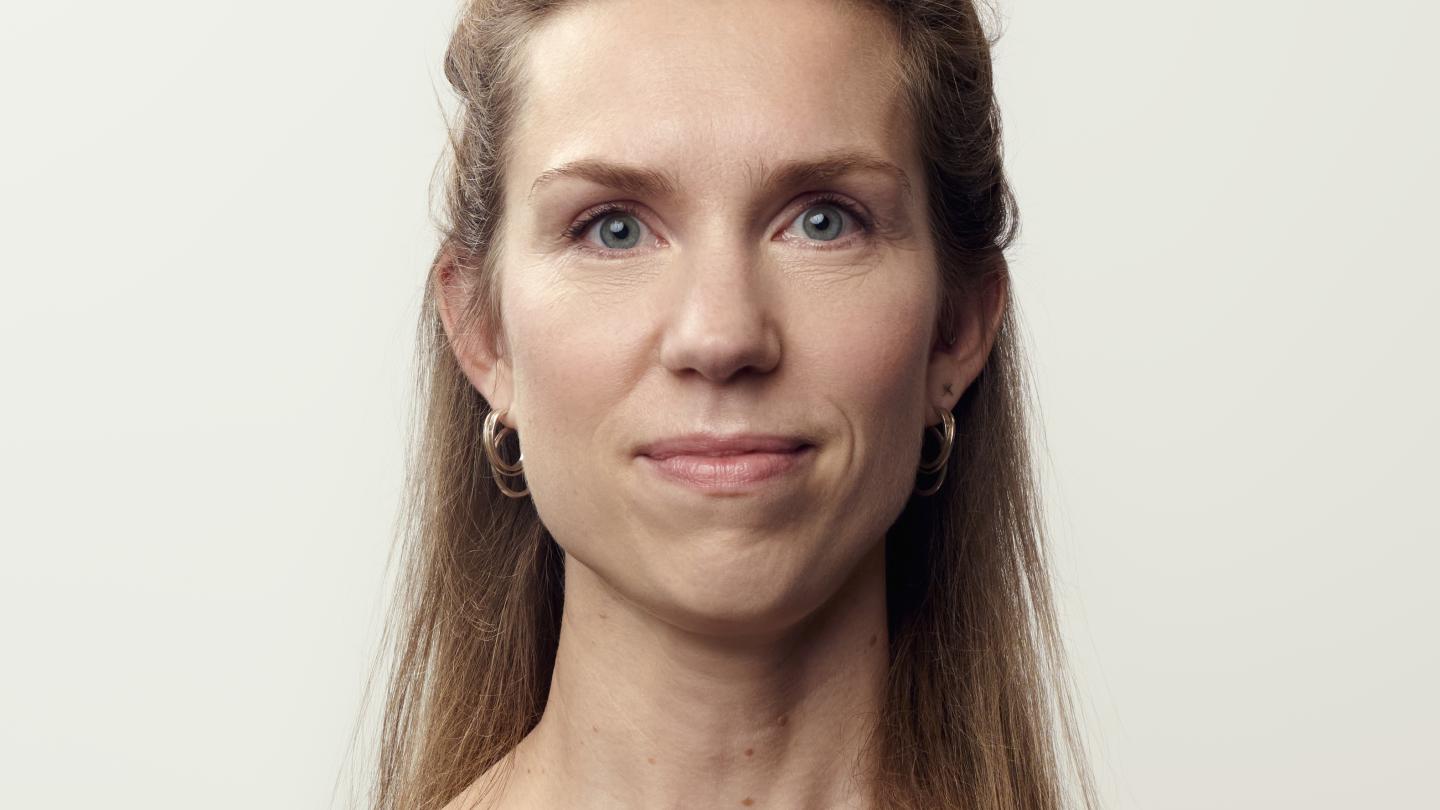Lenneke Arts is editor-in-chief of Investment Officer. She leads the local and international editorial teams and oversees the platform’s editorial direction. She also covers developments in private banking, wealth management, family offices and asset management.

Wealthy Dutch weigh emigration as business climate deteriorates
For an increasing number of ultra-wealthy Dutch individuals, the question is no longer just how much tax they pay—but whether the Netherlands remains the right place to live and invest.
Robeco CEO Van Baardwijk: Private banks seek larger allocations per fund house
Strategic partnerships are not only a trend for pension funds and fiduciary managers, said Robeco CEO Karin van Baardwijk. “Private banks are looking for larger allocations per asset manager. That creates opportunities to get more out of the relationship. However, it also means that there are fewer fund houses on the shelf.”
Passion investing for professionals: Why wine and art stand out over Lego
Investing in wine, art, Lego, luxury handbags, whisky, or violins may seem to share a common thread—they are all driven by passion. But for professional investors, most of these categories fall short of being viable investments, regardless of enthusiasm.
Central bank gold fever grips investors as well
Geopolitical tensions, inflation uncertainties, and high equity market valuations are driving a trend towards investing in gold.
Private market challenges raise vigilance
Recent issues in the private credit market have heightened the vigilance of Dutch asset managers regarding deals financed by private debt providers.
Van Lanschot Kempen eyes bigger market share in Belgium
Amsterdam-based investment firm Van Lanschot Kempen is keen to expand its market share in Belgium.
Barrels of profit: Scotch firm courts wealthy investors
Whisky asset manager Scotch Whisky Investments until recently focused mainly on private investors. That market continues as usual, but bringing in former ABN Amro director Eran Habets as CEO means more focus on selling to independent asset managers and family offices. And abroad, first and foremost Belgium.
PE investors dismiss valuation chatter as ‘noise’
Despite declining valuations in private equity, Schroders Capital’s European private equity chief Richard Damming remains confident, dismissing concerns as mere industry “noise”.
In the face of fluctuating private equity valuations, Damming reassures that they remain undeterred. “You sell a company at the price you want to sell it for, and otherwise you don’t sell it,” says the head of Schroders’ European PE branch.
Democratisation of private markets is not convincing
The ambition of the financial sector to further democratise private markets is not yet convincingly reflected in practice.
Goldman wants to launch private market Eltif every year
Goldman Sachs Asset Management’s (GSAM) recent marketing of the Private Market Eltif demonstrates that the firm is keen to broaden the horizon for private investors. Giving the retail segment access to its 420 billion dollar alternatives-platform is not a mere experiment, but part of a “big, bold commitment,” according to Barry Fricke, GSAM’s Head of EMEA Alternatives Distribution Wealth Management. Goldman Sachs AM now wants to launch a new private market Eltif every year.